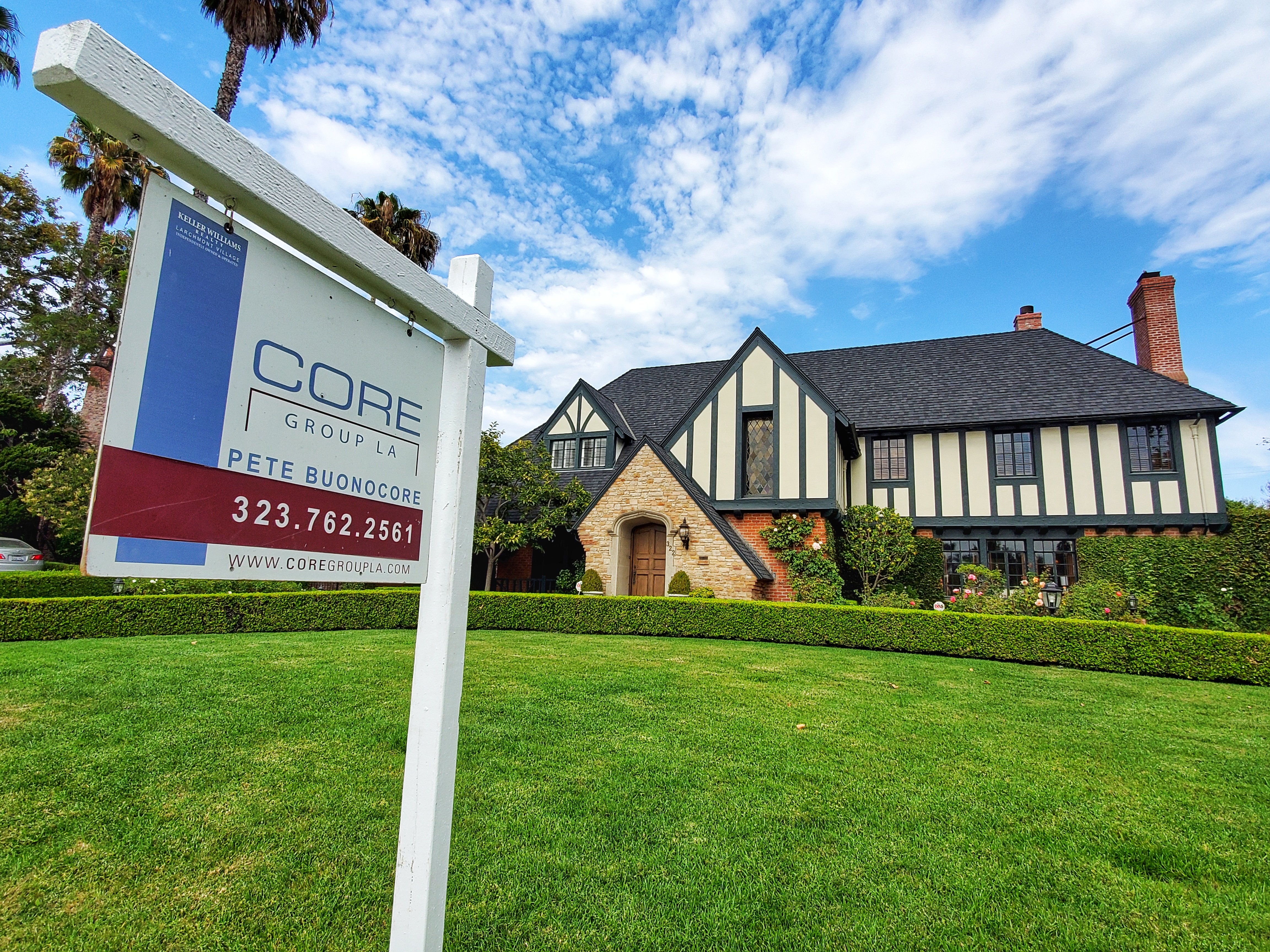
REAL ESTATE: Market Forecast for the Rest of 2021, According To Realtors
FROM YAHOO FINANCE NEWS: It’s no secret that the COVID-19 pandemic has turned the real estate market into a wild domain. If you’re looking to buy or sell a home, you’re likely eager to know how long this will last.
In June 2021, home prices across the U.S. surged 24.8% year-over-year — to a median sale price of $386,888 — according to Redfin. During the same time period, the number of homes sold increased 20.6% and the number of homes for sale tumbled 39.6%.
Mortgage rates have reached record lows during the pandemic and have once again been on the decline since late June. Specifically, the 30-year fixed-rate mortgage was 3.02% on June 24, dropping to 2.78% on July 22.
While an economic upturn was predicted, the Delta variant could send that to a screeching halt. On July 27, the Centers for Disease Control and Prevention reinstated their recommendation that fully vaccinated people in areas of substantial or high transmission wear a mask indoors.
Only time will tell if additional COVID-19 restrictions will return, and how this could impact the housing market. However, several real estate agents and experts have weighed in with their opinion of what the market will look like for the rest of the year.
“The real estate market in the first half of 2021 bore the surging demand from a millennial reshuffling,” said Greg Toschi, CEO of Poplar Homes, a California-based real estate technology and services company. “Millions of older millennials are creating families and were planning to buy a home in 2022 to 2025.”
However, he said a lot people decided to make the move earlier, instead of following their original homebuying timeline.
“We saw this in the rental market with a 100% increase in the number of people moving to buy a home or change jobs,” he said. “All that demand was pulled forward and unleashed like a sling shot — alas, prices skyrocketed.”
Toschi said this also happened during what is typically the hottest season for homebuying, which contributed to the surge. Heading into the fall months, activity usually slows and prices tend to drop. Right now, he said many homebuyers are opting to wait to make a purchase because prices are too high.
“Inventory numbers are also climbing,” he said. “But prices probably won’t go down much as normal.”
While the enthusiasm of those who have been shopping for a new home for awhile might fade, he noted there are still tons of new buyers entering the market.
“If the COVID Delta variant leads to further lockdowns and quarantines, the real estate market will probably behave in a similar way as the last lockdown,” he said. “Though I’m not sure it will deter buyers who built up a lot of motivation during quarantine.”
Jason Gelios, a realtor in Southeast Michigan, said he’s starting to notice a bit of a difference in the market.
“There is a slight change happening in the current housing market where buyer demand has actually decreased,” he said. “In my market of Southeast Michigan, we are still seeing more buyers than homes available, however we aren’t seeing lines of people waiting to view a home.”
Despite the shift, Gelios predicted the real estate surge isn’t stopping anytime soon.
“We will see a slight increase in mortgage rates, probably 3.5% by mid-fall, and a slight increase in housing inventory as we approach the later part of 2021,” he said. “We don’t anticipate a full switch in the housing market until sometime in 2022 where it would be considered favoring buyers.”
Betsy Ronel, a licensed real estate salesperson with Compass in Westchester County, New York, said she thinks the market in her local area will soften slightly until the winter months, because buyers are discouraged.
“Then, depending on this Delta variant and mask laws, the market might quiet down until the spring,” she said. “I think either way we will have a stronger spring market, but we won’t be back to a more balanced market for some time.”
Ronel said she believes the market will be in recovery mode for the foreseeable future.
“It’s a national issue, so things are stalled everywhere in some way,” she said.
Of course, not every U.S. city has experienced a chaotic real estate market during the pandemic.
“While many suburban markets have enjoyed significant price appreciation due to COVID, some of the best cities in the country have been discounted — New York being one of them,” said Daren Herzberg, a licensed associate real estate broker and co-founder of The Babst + Herzberg Team at Compass in New York. “Now is the time to buy.”
He said a significant amount of people are returning to New York City and taking advantage of the double discounts rarely enjoyed on real estate, which is bringing the Big Apple back to life at record pace.
“On top of that, outdoor dining, bike lanes and a brand new and better selection of retail will make the best city in America feel like the Roaring ’20s,” he said. “And on top of that, historically low interest rates and a vibrant economy should make a move into real estate compelling in any market — in spite of recent price increases.”
While the real estate market has largely been hot across the U.S., local market conditions vary and will continue to do so. If you’re planning to buy or sell a property this year, check with a licensed real estate agent in your area to learn more about regional trends.
WRITTEN BY LAURA WOODS FOR YAHOO FINANCE